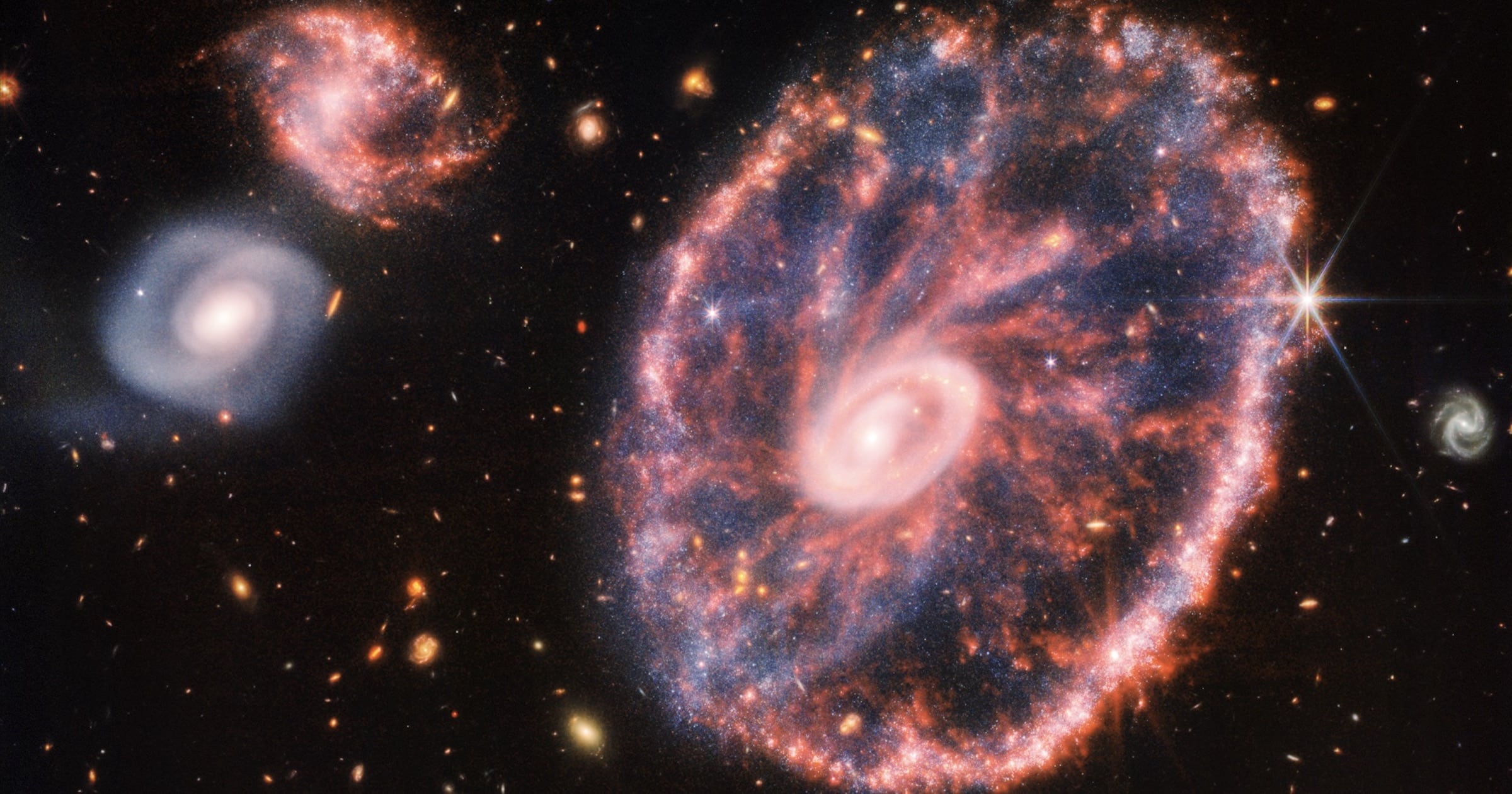 Intelligent Design
Intelligent Design
 Physics, Earth & Space
Physics, Earth & Space
Science Journal Reaffirms Universe Had a Beginning, a Key Argument in Meyer’s God Hypothesis

A key argument in Stephen Meyer’s Return of the God Hypothesis centers on the universe having a beginning. He argues that the beginning points to the cosmos resulting from the mind of a creator. Meyer’s case for the God Hypothesis includes discrediting the claim that cyclical cosmological models could avoid a beginning by his appealing to the Borde-Guth-Vilenkin (BGV) theorem. His reasoning was recently reaffirmed by University of Buffalo physicists Will Kinney and Nina Stein in their analysis of Ijjas and Steinhardt’s (IS) cosmological model. They published their results in the Journal of Cosmology and Astroparticle Physics.
Correspondent Charlotte Hsu summarizes the research at Phys.org:
“People proposed bouncing universes to make the universe infinite into the past, but what we show is that one of the newest types of these models doesn’t work,” says Kinney, Ph.D., professor of physics in the UB College of Arts and Sciences. “In this new type of model, which addresses problems with entropy, even if the universe has cycles, it still has to have a beginning.”
Cyclical Cosmologies and the BGV Theorem
Kinney and Stein applied the BGV theorem to the IS model, which I have previously critiqued. Anna Ijjas and Paul Steinhardt propose that the universe expanded, then contracted, and then bounced back into an expansion stage in a never-ending cycle. Each iteration grows vastly larger than the previous one, so the universe is on average always expanding. Kinney and Stein rigorously demonstrate that the BGV theorem mandates the IS model being “geodesically pastincomplete,” meaning that spacetime had an absolute beginning:
In this paper, we use the BGV theorem to demonstrate that growth in the scale factor inevitably means that the spacetime is geodesically pastincomplete. … This result is completely general: any bouncing spacetime which obeys the condition for entropy dissipation and the Null Energy Condition outside the bounce must be geodesically incomplete. This is consistent with the BGV theorem, which shows that any spacetime for which the average Hubble parameter is positive must be similarly geodesically incomplete. The IS cosmology satisfies this condition and therefore cannot be past eternal, independent of the details of the dynamics.
In the next stage of their research, Kinney and Stein will analyze Penrose’s conformal cyclical cosmology (CCC). As I have reported previously, the CCC model has been severely critiqued by cosmologists including Ethan Siegel for its lack of empirical support and its failed predications. In addition, it requires numerous fine-tuned parameters. By avoiding the evidence for design from a beginning, it requires equal levels of design in its construction. Kinney and Stein will likely show that even if it were true, it also requires a beginning.
The Philosophical Implications
The philosophical implications of the universe having a beginning are not lost on Charlotte Hsu. She reports:
“There are a lot of reasons to be curious about the early universe, but I think my favorite is the natural human tendency to want to know what came before,” says Stein, a UB Ph.D. student in physics, regarding the importance of research. “Across cultures and histories, humans have told stories about creation, about ‘in the beginning.’ We always want to know where we came from.”
Indeed, if the universe and everything in it are the result of a mind, then we are not unintended accidents of nature. Instead, we have inherent value and a genuine purpose for our lives.
